2017-2018 Network Leadership Institute Participants
Jumoke Akinrimisi
 Jumoke grew up in Providence, RI surrounded by the sights and smells of food from Nigeria and West Africa. A graduate of the University of Rhode Island and the Roger Williams University School of Law, Jumoke has always held an interest in ensuring the wellness within the African community through traditional African foods. She worked for SisterTalk, a Brown University Program focused on improving the health of African and African American Women through traditional foods and faith. Working with the African Alliance of Rhode Island (AARI) has given her the opportunity to continue making a meaningful impact in RI through varied opportunities to create a sustainable food system and increase the growth and production of African foods within the state while also introducing African food and culture to the community.
Jumoke grew up in Providence, RI surrounded by the sights and smells of food from Nigeria and West Africa. A graduate of the University of Rhode Island and the Roger Williams University School of Law, Jumoke has always held an interest in ensuring the wellness within the African community through traditional African foods. She worked for SisterTalk, a Brown University Program focused on improving the health of African and African American Women through traditional foods and faith. Working with the African Alliance of Rhode Island (AARI) has given her the opportunity to continue making a meaningful impact in RI through varied opportunities to create a sustainable food system and increase the growth and production of African foods within the state while also introducing African food and culture to the community.
Rick Amato
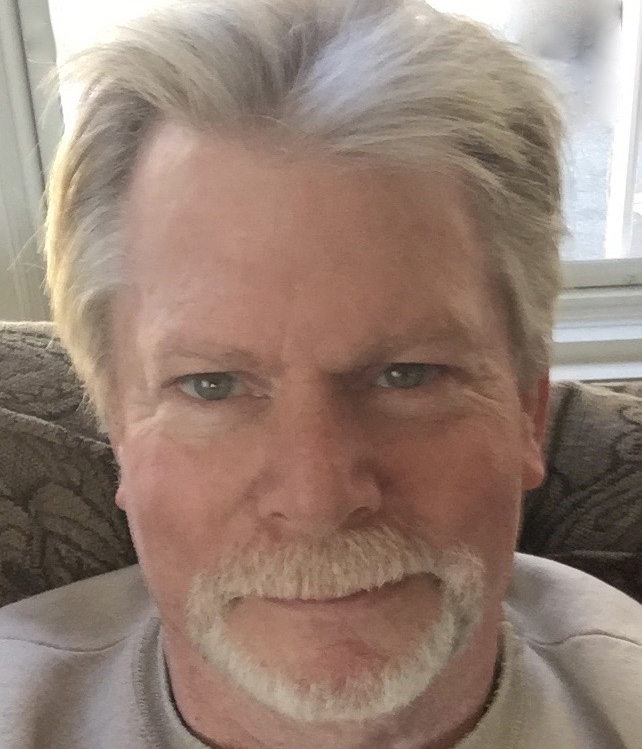 Rick grew up in the food industry, starting at age 14, when he cleaned up in his father’s butcher shop. He has over 40 years experience ranging from picking fruit to protein buyer for over 2700 stores nationwide. He has specialized expertise in procurement and merchandising in the grocery and food service arenas. Rick is a third generation butcher, a classically trained pastry chef, and an enthusiastic grower of apples, micro-greens, and figs. He is active with Slow Food in Massachusetts, where he offers a unique perspective about the food industry and its current and future challenges.
Rick grew up in the food industry, starting at age 14, when he cleaned up in his father’s butcher shop. He has over 40 years experience ranging from picking fruit to protein buyer for over 2700 stores nationwide. He has specialized expertise in procurement and merchandising in the grocery and food service arenas. Rick is a third generation butcher, a classically trained pastry chef, and an enthusiastic grower of apples, micro-greens, and figs. He is active with Slow Food in Massachusetts, where he offers a unique perspective about the food industry and its current and future challenges.
Saulo Araujo
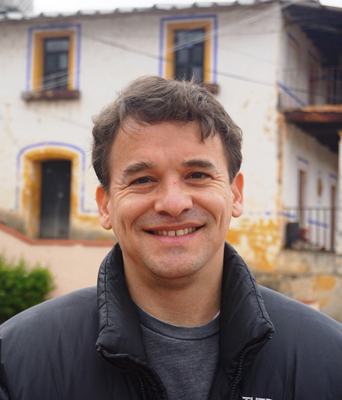 Saulo is the Global Movements Program Director at WhyHunger. He works to advance initiatives of food sovereignty and agroecology by identifying resources and network opportunities that will strengthen the work of grassroots organizations and social movements. Originally from Brazil, Saulo brings years of experience working with urban and rural families in the United States, and abroad. Previously, he worked as the Latin America Program Coordinator for Grassroots International in Boston, and served as consultant to international funders, including the United Nations Food and Agriculture Organization. He is trained as agronomist and has a master’s in International Development and Social Change from Clark University. Saulo is a senior fellow of the Environmental Leadership Program.
Saulo is the Global Movements Program Director at WhyHunger. He works to advance initiatives of food sovereignty and agroecology by identifying resources and network opportunities that will strengthen the work of grassroots organizations and social movements. Originally from Brazil, Saulo brings years of experience working with urban and rural families in the United States, and abroad. Previously, he worked as the Latin America Program Coordinator for Grassroots International in Boston, and served as consultant to international funders, including the United Nations Food and Agriculture Organization. He is trained as agronomist and has a master’s in International Development and Social Change from Clark University. Saulo is a senior fellow of the Environmental Leadership Program.
Sarana Beik
 Sarana is the Youth Program Director for Hartford Food System with the Grow Hartford Youth Program. She has many years of hands on experience in different roles within the food system as a mother of three, a farm worker, a permaculturist, an herbalist, a community organizer, and a long time food service employee. She is a fierce advocate of the mothers, children, and communities who are most vulnerable in our current food system and hopes to create sovereign-people-led systems that serve the best health and well-being of the community.
Sarana is the Youth Program Director for Hartford Food System with the Grow Hartford Youth Program. She has many years of hands on experience in different roles within the food system as a mother of three, a farm worker, a permaculturist, an herbalist, a community organizer, and a long time food service employee. She is a fierce advocate of the mothers, children, and communities who are most vulnerable in our current food system and hopes to create sovereign-people-led systems that serve the best health and well-being of the community.
Eliza Dexter Cohen
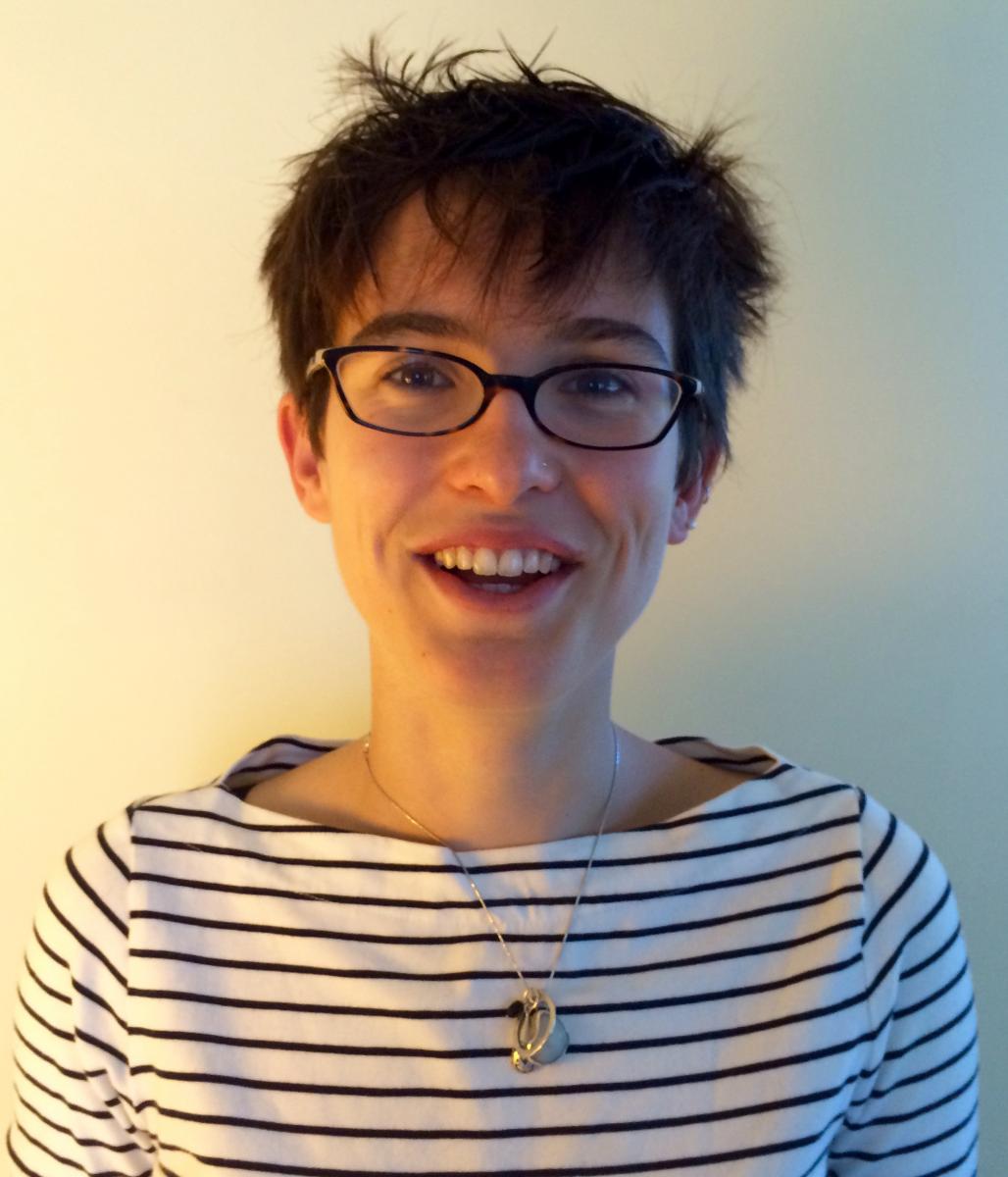 Eliza is the Food Access Coordinator at the Rhode Island Public Health Institute (RIPHI), where she works to build the evidence base for food security advocacy at the state, regional, and national level. She is the director of RIPHI’s Food on the Move, a community-based mobile produce market that brings fresh fruits and vegetables to neighborhoods across RI. Eliza serves as a member of the Rhode Island Food Policy Council on the Data Committee and Policy Committee. Eliza has studied food systems for the past ten years. She began thinking about farming and food access as a student at the Food Project, a food justice training program for high school students in Boston, Massachusetts. Since then, she has been involved in numerous projects related to social justice and food. As a student at Brown University, she co-coordinated the student-run Community Supported Agriculture (CSA) program. She has worked on small farms in Vermont, Massachusetts, Rhode Island, Laos, India, and Argentina.
Eliza is the Food Access Coordinator at the Rhode Island Public Health Institute (RIPHI), where she works to build the evidence base for food security advocacy at the state, regional, and national level. She is the director of RIPHI’s Food on the Move, a community-based mobile produce market that brings fresh fruits and vegetables to neighborhoods across RI. Eliza serves as a member of the Rhode Island Food Policy Council on the Data Committee and Policy Committee. Eliza has studied food systems for the past ten years. She began thinking about farming and food access as a student at the Food Project, a food justice training program for high school students in Boston, Massachusetts. Since then, she has been involved in numerous projects related to social justice and food. As a student at Brown University, she co-coordinated the student-run Community Supported Agriculture (CSA) program. She has worked on small farms in Vermont, Massachusetts, Rhode Island, Laos, India, and Argentina.
Jerel Ferguson
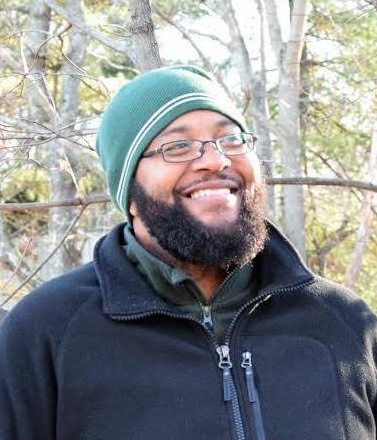 Jerel is Education & Volunteer Coordinator at the Urban Farming Institute. In this role, he organizes and coordinates farm-volunteer workdays for diverse urban groups throughout Metro Boston, to connect folks hands-on with fresh food, and with the labor and land that sustain us. Jerel worked at the The Food Project for 2 years as a Youth Development Specialist for the Greater Boston Region. As founder of Hike4Life, through his nature-based enrichment programs, his love of the environment and the land, sparked his interest in urban farming. Jerel joined The Urban Farming Institute team in May of 2017. Jerel is a husband, and father of three and loves hiking, music, photography, cooking, and intellectual conversation.
Jerel is Education & Volunteer Coordinator at the Urban Farming Institute. In this role, he organizes and coordinates farm-volunteer workdays for diverse urban groups throughout Metro Boston, to connect folks hands-on with fresh food, and with the labor and land that sustain us. Jerel worked at the The Food Project for 2 years as a Youth Development Specialist for the Greater Boston Region. As founder of Hike4Life, through his nature-based enrichment programs, his love of the environment and the land, sparked his interest in urban farming. Jerel joined The Urban Farming Institute team in May of 2017. Jerel is a husband, and father of three and loves hiking, music, photography, cooking, and intellectual conversation.
Jonah Fertig
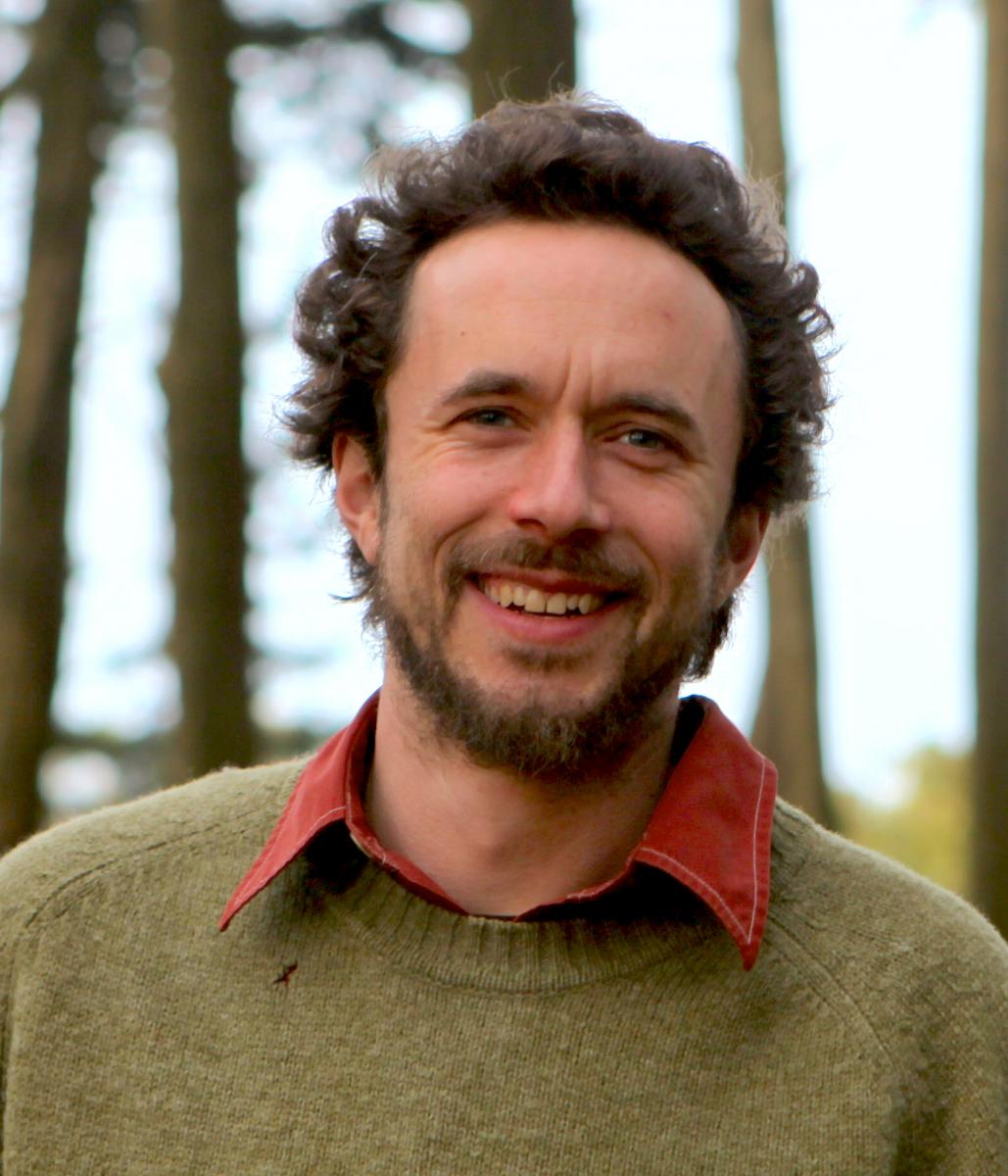 Jonah is the Director of Cooperative Food Systems at the Cooperative Development Institute. He works with farmers, fishers, cooks, and food producers to form cooperatives, particularly New American farmers in Maine and the Northeast. He’s on the board of the Cooperative Fund of New England, the Good Food Council of Lewiston-Auburn and the Maine Food Strategy. He co-founded Local Sprouts Cooperative, Maine Farm & Sea Cooperative, the Greater Portland Community Land Trust, the Mayor’s Initiative for a Healthy and Sustainable Food System, the Cooperative Design Lab, and the People’s Free Space. He was a 2016 Democracy at Work Institute Worker Cooperative Developer Fellow, 2017 USFWC/DAWI Chapter Network Fellow and a graduate of the Sustainable Food Systems Leadership Institute. He lives with his partner and two kids at Celebration Tree Farm & Yoga in Durham, Maine.
Jonah is the Director of Cooperative Food Systems at the Cooperative Development Institute. He works with farmers, fishers, cooks, and food producers to form cooperatives, particularly New American farmers in Maine and the Northeast. He’s on the board of the Cooperative Fund of New England, the Good Food Council of Lewiston-Auburn and the Maine Food Strategy. He co-founded Local Sprouts Cooperative, Maine Farm & Sea Cooperative, the Greater Portland Community Land Trust, the Mayor’s Initiative for a Healthy and Sustainable Food System, the Cooperative Design Lab, and the People’s Free Space. He was a 2016 Democracy at Work Institute Worker Cooperative Developer Fellow, 2017 USFWC/DAWI Chapter Network Fellow and a graduate of the Sustainable Food Systems Leadership Institute. He lives with his partner and two kids at Celebration Tree Farm & Yoga in Durham, Maine.
Julianna Fischer
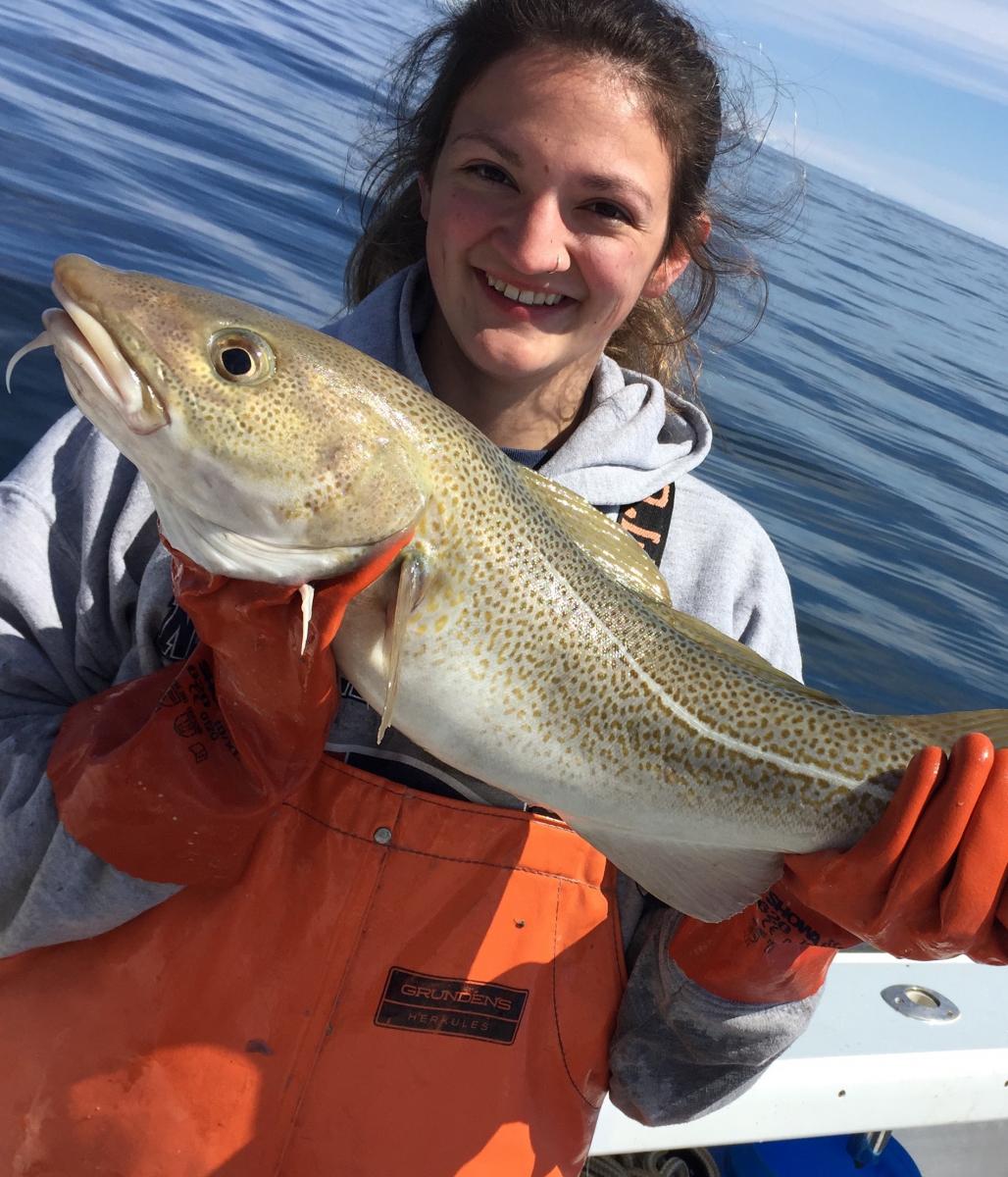 Julianna is a Community Organizer with the Northwest Atlantic Marine Alliance (NAMA). She grew up on the coast of Southern Maine, working at her family’s seafood restaurant from a young age. She joined NAMA with a background in community organizing around fossil fuels, electoral politics, and a passion for social justice and system change. She has worked on numerous climate campaigns, including opposition to North America’s largest proposed coal export terminal and improvements in oil train safety legislation. Julianna’s work with NAMA is toward building a broad movement for healthy marine ecosystems and fishing communities through market strategies and policy change. She works toward economic justice for small and medium scale fishermen, ensuring seafood has a place in food justice conversations and improving access to sustainable seafood.
Julianna is a Community Organizer with the Northwest Atlantic Marine Alliance (NAMA). She grew up on the coast of Southern Maine, working at her family’s seafood restaurant from a young age. She joined NAMA with a background in community organizing around fossil fuels, electoral politics, and a passion for social justice and system change. She has worked on numerous climate campaigns, including opposition to North America’s largest proposed coal export terminal and improvements in oil train safety legislation. Julianna’s work with NAMA is toward building a broad movement for healthy marine ecosystems and fishing communities through market strategies and policy change. She works toward economic justice for small and medium scale fishermen, ensuring seafood has a place in food justice conversations and improving access to sustainable seafood.
Vanessa Garcia Polanco
 Vanessa is a visionary and ambitious servant leader. She grew up in in the fertile Cibao Valley of the Dominican Republic. Growing up, local food was not an option, it was the rule. She moved from the D.R. six years ago, and in the U.S. she observed that as a culture we are disconnected from where our food comes from and do not account for the environmental impacts that our agricultural production is having in our environment. She is an active community leader in her new home of North Providence, RI, at the University of Rhode Island Cooperative Extension and as a member of the Rhode Island Food Policy Council. She sees sustainability through community development as an interdisciplinary tool to empower individuals to enact behavior change and improve their quality of life and environmental conditions.
Vanessa is a visionary and ambitious servant leader. She grew up in in the fertile Cibao Valley of the Dominican Republic. Growing up, local food was not an option, it was the rule. She moved from the D.R. six years ago, and in the U.S. she observed that as a culture we are disconnected from where our food comes from and do not account for the environmental impacts that our agricultural production is having in our environment. She is an active community leader in her new home of North Providence, RI, at the University of Rhode Island Cooperative Extension and as a member of the Rhode Island Food Policy Council. She sees sustainability through community development as an interdisciplinary tool to empower individuals to enact behavior change and improve their quality of life and environmental conditions.
Kristina Kalolo
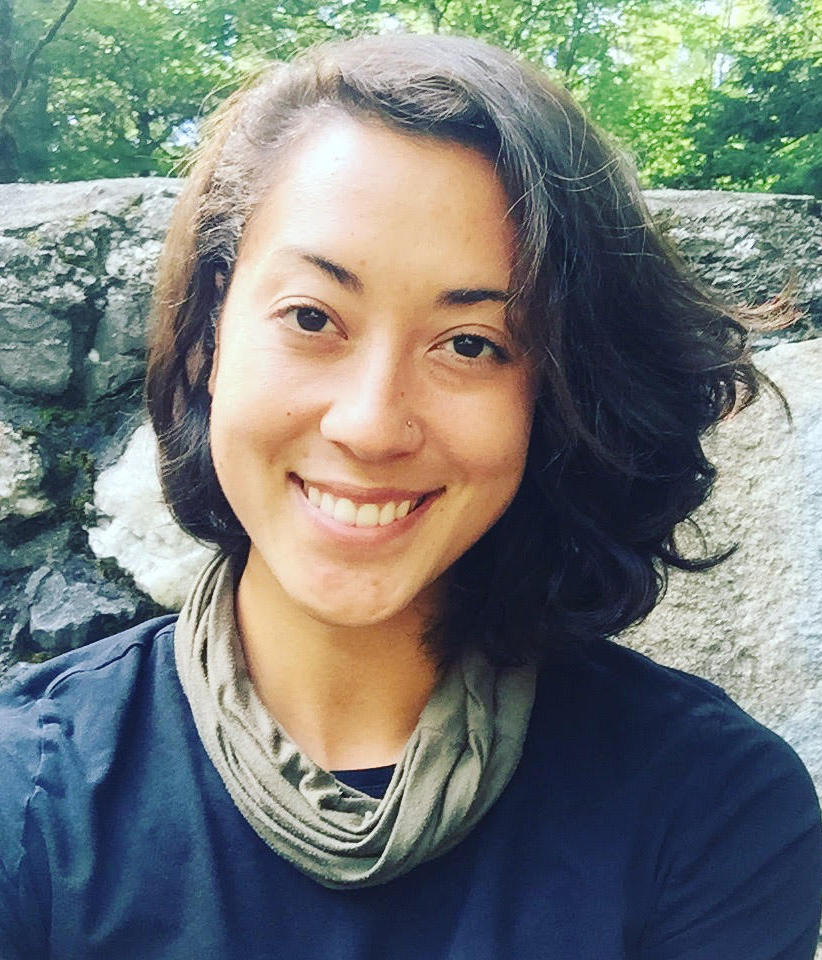 Kristina is the Quality Control & Markets Manager for the Somali Bantu Community Farming Program, where she assists 130 new American farmers in accessing wholesale and retail markets for their fresh produce. She also serves as the Research & Outreach Administrator for the Cumberland County Food Security Council. Previously, she engaged with her love for local and sustainable food as the Production Manager and Head Chocolatier for Ambrosia of Nantucket, where she grew and wild-harvested botanicals to create artisanal products. Kristina’s people-centered focus on agriculture is rooted in experiences with rural and urban organic farming in Nantucket, Worcester, and currently Portland, Maine. Kristina is passionate about creating an inclusive and socially just food system and wrote her master’s thesis for Clark University on the intersection between feminist and food justice movements.
Kristina is the Quality Control & Markets Manager for the Somali Bantu Community Farming Program, where she assists 130 new American farmers in accessing wholesale and retail markets for their fresh produce. She also serves as the Research & Outreach Administrator for the Cumberland County Food Security Council. Previously, she engaged with her love for local and sustainable food as the Production Manager and Head Chocolatier for Ambrosia of Nantucket, where she grew and wild-harvested botanicals to create artisanal products. Kristina’s people-centered focus on agriculture is rooted in experiences with rural and urban organic farming in Nantucket, Worcester, and currently Portland, Maine. Kristina is passionate about creating an inclusive and socially just food system and wrote her master’s thesis for Clark University on the intersection between feminist and food justice movements.
Jacalin LaFrance
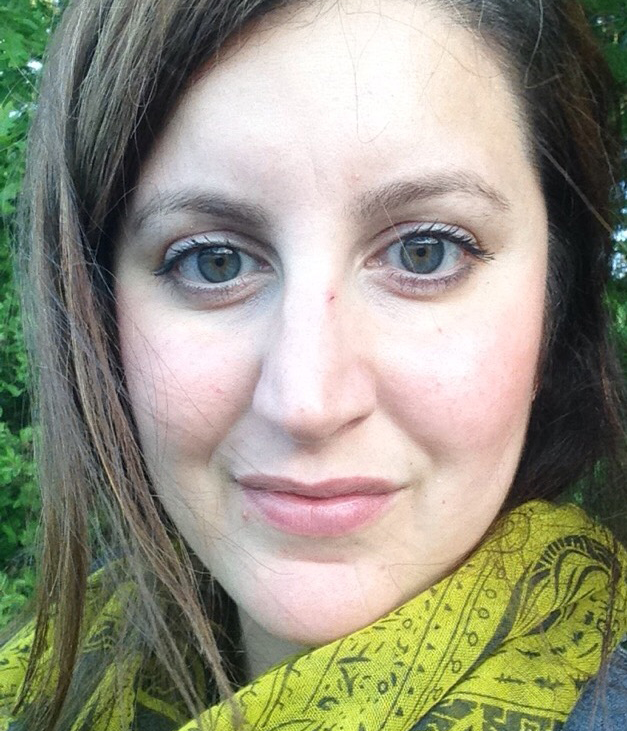 Jacalin is a SNAP-Ed Nutrition Educator with UMass Extension Nutrition Education Program. SNAP-Ed provides a variety of nutrition education programs and resources for adults and youth who receive or are eligible for SNAP benefits. Program implementation includes activities such as nutrition education workshops; nutrition lessons and follow-up activities in schools; food demonstrations at farmers’ markets; interactive displays; a website and blog providing healthy recipes, shopping tips, and meal planning ideas. Jacalin earned a master’s in Health Education with a concentration in Health Promotion from Plymouth State University in Plymouth, NH. During the last year of her graduate studies she lived in the White Mountains, working as a Graduate Assistant with the Center for Business and Community Partnerships where she created food literacy outreach program called, Who Grew My Lunch? targeting youth in Northern New Hampshire. The program promoted the understanding of where food comes from, the impacts on health, the environment, and the economy as well as how to grow, prepare, and prefer nutritious foods through a combination of outreach and education.
Jacalin is a SNAP-Ed Nutrition Educator with UMass Extension Nutrition Education Program. SNAP-Ed provides a variety of nutrition education programs and resources for adults and youth who receive or are eligible for SNAP benefits. Program implementation includes activities such as nutrition education workshops; nutrition lessons and follow-up activities in schools; food demonstrations at farmers’ markets; interactive displays; a website and blog providing healthy recipes, shopping tips, and meal planning ideas. Jacalin earned a master’s in Health Education with a concentration in Health Promotion from Plymouth State University in Plymouth, NH. During the last year of her graduate studies she lived in the White Mountains, working as a Graduate Assistant with the Center for Business and Community Partnerships where she created food literacy outreach program called, Who Grew My Lunch? targeting youth in Northern New Hampshire. The program promoted the understanding of where food comes from, the impacts on health, the environment, and the economy as well as how to grow, prepare, and prefer nutritious foods through a combination of outreach and education.
Lisa Masé
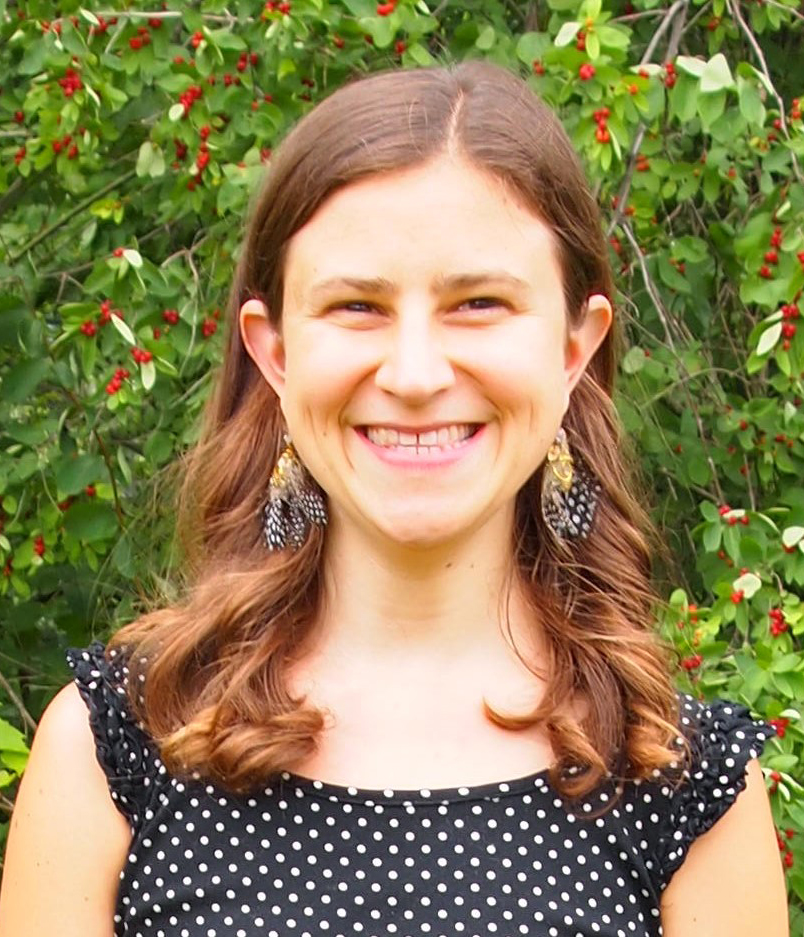 Lisa is a food as medicine educator, a food justice activist, writer, homesteader, and folk herbalist living with her family in central Vermont. She empowers individuals and groups to take charge of their health through learning about the traditional nutritional philosophies from India, China, Japan, and the Mediterranean diet of her native Italy. Lisa enjoys eating local food and crafts recipes to match the season. Learn more on her website.
Lisa is a food as medicine educator, a food justice activist, writer, homesteader, and folk herbalist living with her family in central Vermont. She empowers individuals and groups to take charge of their health through learning about the traditional nutritional philosophies from India, China, Japan, and the Mediterranean diet of her native Italy. Lisa enjoys eating local food and crafts recipes to match the season. Learn more on her website.
Ian McSweeney
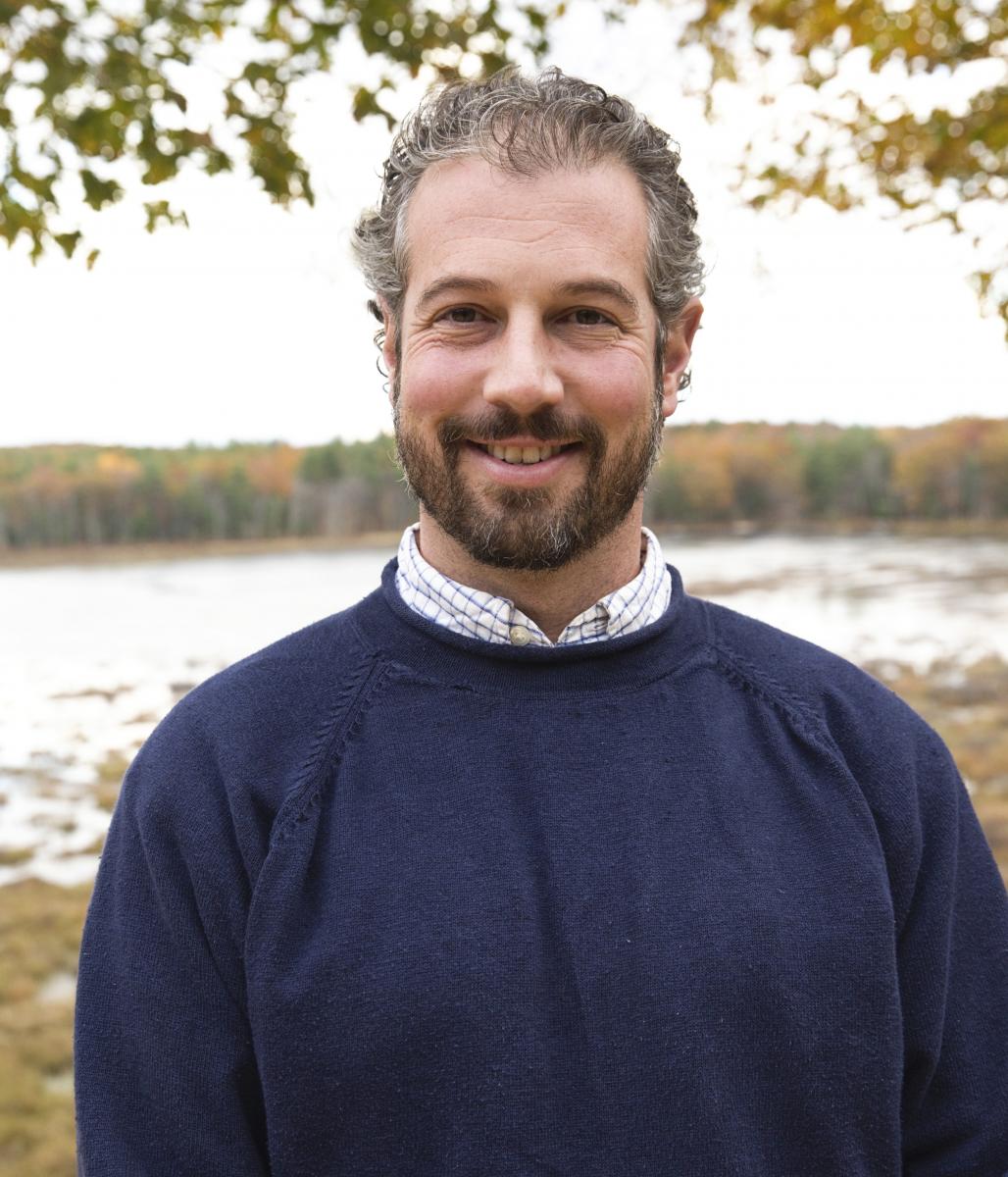 Ian is a leader in the farmland conservation movement in NH. He is the Director of the Russell Farm and Forest Conservation Foundation, serves on the Board of Agrarian Trust, participates in many farmland conservation, farmland access, and farm and food system initiatives, and is a consultant to several national farmland conservation, farmland investment, and organic food systems organizations. Ian’s work is focused on assisting landowners and farmers through a customized approach to conservation, transition, transfer, and secure tenure outcomes for sustainable farm enterprises that build community, provide nutrient dense food access, offer farm based education, and add to a local agrarian based economy.
Ian is a leader in the farmland conservation movement in NH. He is the Director of the Russell Farm and Forest Conservation Foundation, serves on the Board of Agrarian Trust, participates in many farmland conservation, farmland access, and farm and food system initiatives, and is a consultant to several national farmland conservation, farmland investment, and organic food systems organizations. Ian’s work is focused on assisting landowners and farmers through a customized approach to conservation, transition, transfer, and secure tenure outcomes for sustainable farm enterprises that build community, provide nutrient dense food access, offer farm based education, and add to a local agrarian based economy.
Stacey Purslow
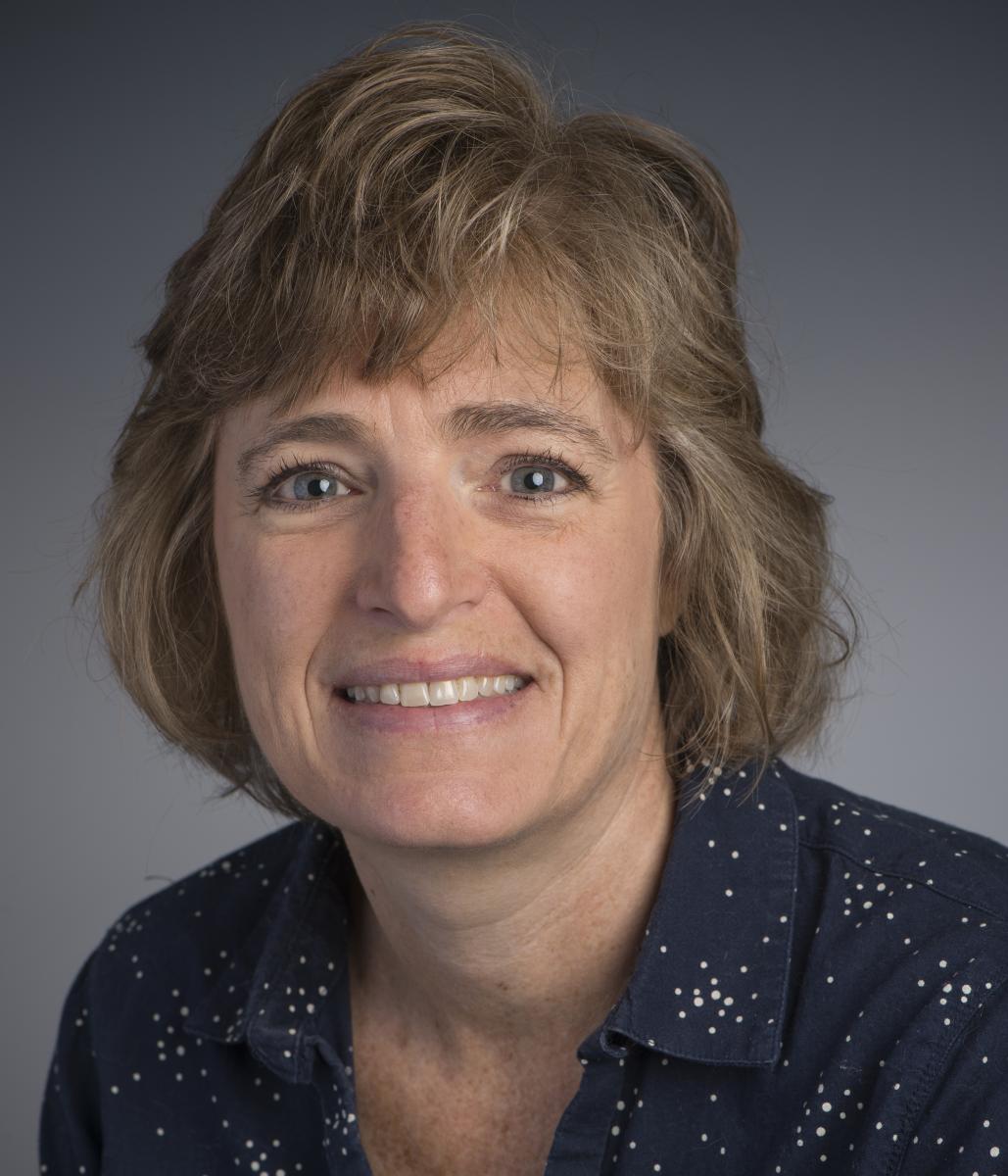 Stacey coordinates the New Hampshire Farm to School program and New Hampshire Gleans, a network of coordinators working to bring excess farm food to those in need. These programs are part of the Sustainability Institute at the University of New Hampshire. Her 8 years of work on farm to school has helped launch the NH Harvest of the Month program, the NH TEEN Cook Off, Sea to School, the NH School and Youth Garden Network, and the Beacon Communities project. Stacey also serves as the state lead for the National Farm to School Network and volunteers her time with the Master Gardener program and NOFA NH.
Stacey coordinates the New Hampshire Farm to School program and New Hampshire Gleans, a network of coordinators working to bring excess farm food to those in need. These programs are part of the Sustainability Institute at the University of New Hampshire. Her 8 years of work on farm to school has helped launch the NH Harvest of the Month program, the NH TEEN Cook Off, Sea to School, the NH School and Youth Garden Network, and the Beacon Communities project. Stacey also serves as the state lead for the National Farm to School Network and volunteers her time with the Master Gardener program and NOFA NH.
Rachel Sayet
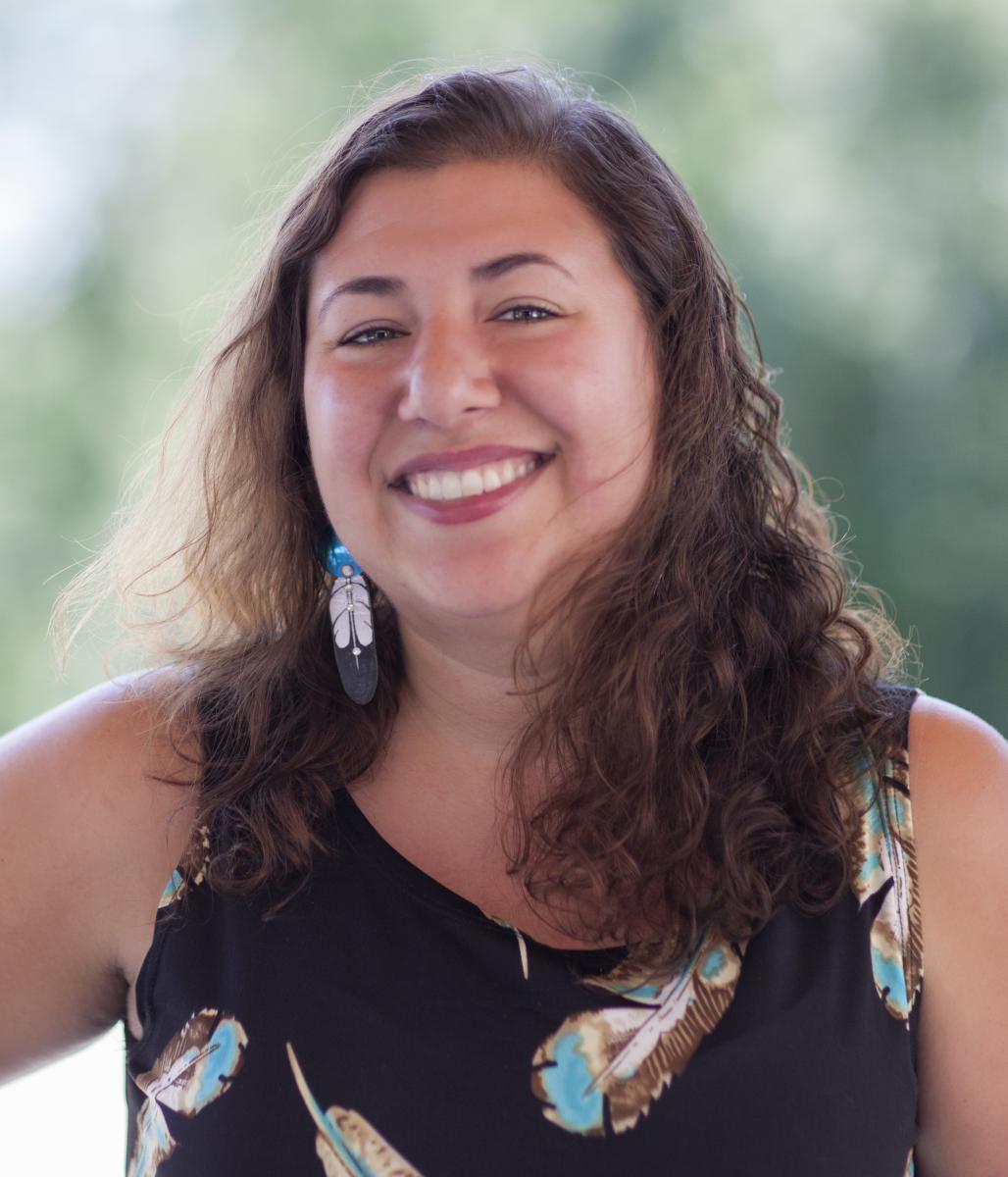 Rachel is a Mohegan tribal member from Uncasville, Connecticut. She received her bachelor’s degree in restaurant management from Cornell University in 2007. While attending Cornell, Rachel worked in kitchens and took many culinary classes. Upon graduation, Rachel worked as a personal chef in upstate New York. She later went on to receive her master’s in anthropology at Harvard University. Rachel has been working for the Mohegan Cultural Department since 2013. Since then, she has also been researching Native American foods. She has presented her work throughout the country at conferences and classrooms. Rachel has also begun food sovereignty initiatives at the Mohegan Tribe; partnering with the health department on gardening events, cooking and storytelling workshops for Mohegan youth, and a native cooking show. Her most recent project is the Native Food Discussion Group, created in order to share knowledge about seasonal eating, harvesting, growing, and fishing practices.
Rachel is a Mohegan tribal member from Uncasville, Connecticut. She received her bachelor’s degree in restaurant management from Cornell University in 2007. While attending Cornell, Rachel worked in kitchens and took many culinary classes. Upon graduation, Rachel worked as a personal chef in upstate New York. She later went on to receive her master’s in anthropology at Harvard University. Rachel has been working for the Mohegan Cultural Department since 2013. Since then, she has also been researching Native American foods. She has presented her work throughout the country at conferences and classrooms. Rachel has also begun food sovereignty initiatives at the Mohegan Tribe; partnering with the health department on gardening events, cooking and storytelling workshops for Mohegan youth, and a native cooking show. Her most recent project is the Native Food Discussion Group, created in order to share knowledge about seasonal eating, harvesting, growing, and fishing practices.
Shadeah Suleiman
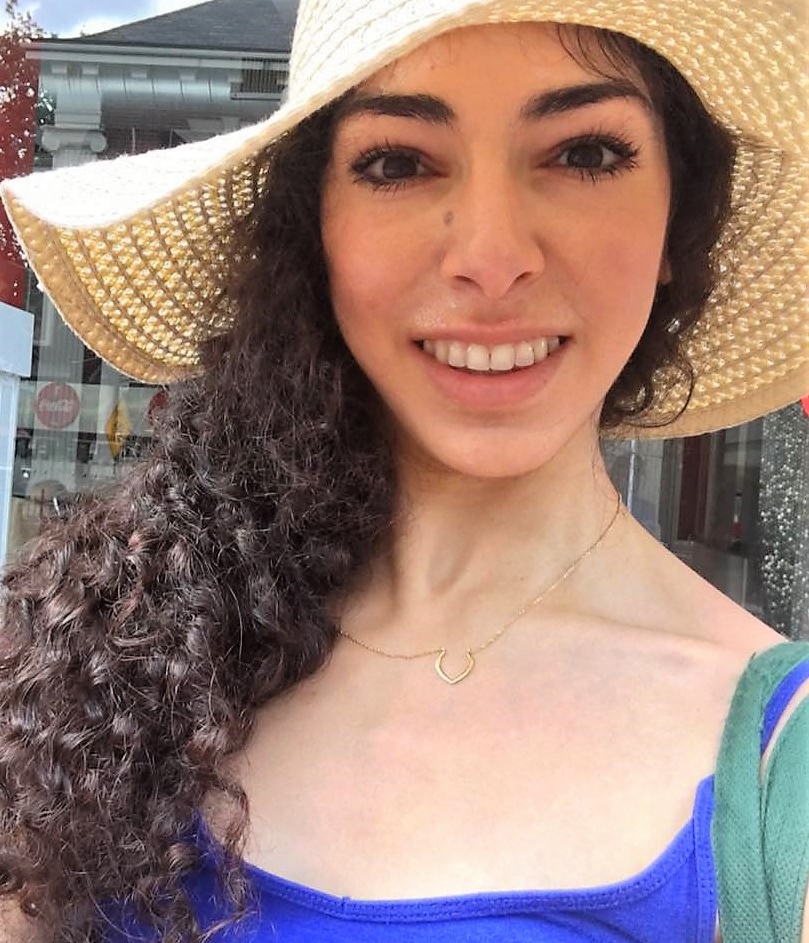 Shadeah is a senior Clinical Research Coordinator in Gastroenterology at Brigham and Women’s Hospital, Harvard Medical School and active in the Harvard Food Literacy Project and the Harvard Food Law and Policy Clinic. She is also the Program Manager for Stillman’s Farm and an event coordinator in The KITCHEN at the Boston Public Market. Shadeah serves on the MA Farm to School Leadership Board and volunteers in Boston Public Schools teaching gardening, cooking, and nutrition, most recently partnering with the BCYF SuperTeens program.
Shadeah is a senior Clinical Research Coordinator in Gastroenterology at Brigham and Women’s Hospital, Harvard Medical School and active in the Harvard Food Literacy Project and the Harvard Food Law and Policy Clinic. She is also the Program Manager for Stillman’s Farm and an event coordinator in The KITCHEN at the Boston Public Market. Shadeah serves on the MA Farm to School Leadership Board and volunteers in Boston Public Schools teaching gardening, cooking, and nutrition, most recently partnering with the BCYF SuperTeens program.
Deborah Thomas-Sims
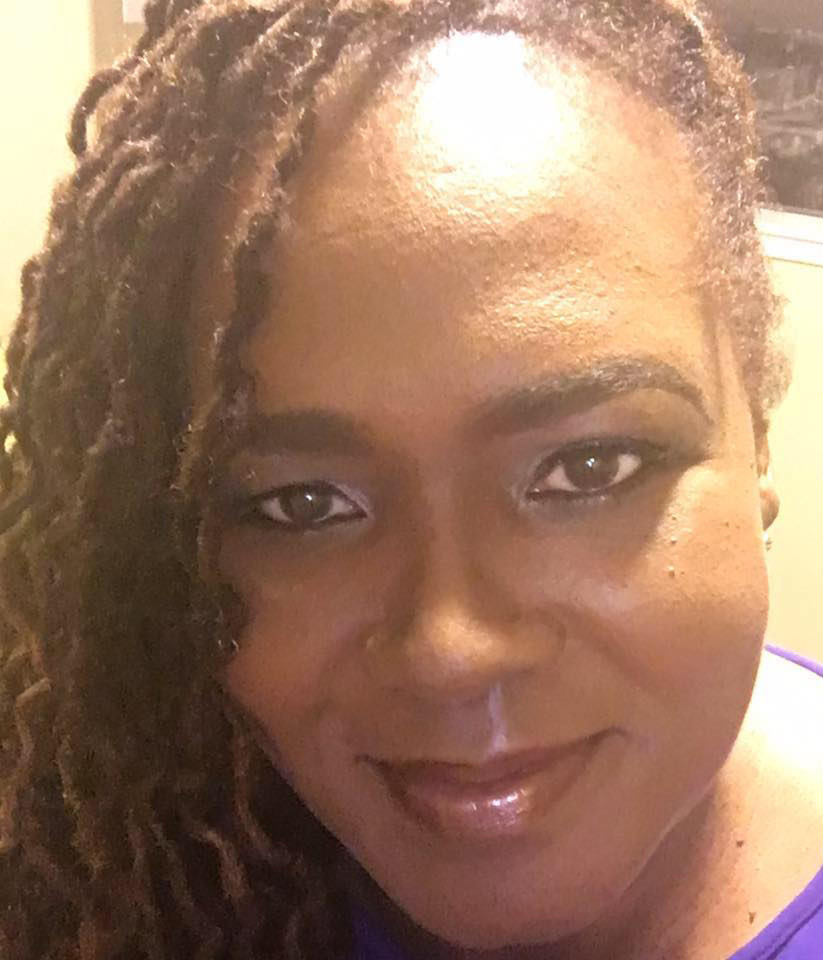 Deborah is a mother, community advocate, and accomplished Chief Operating Officer. She has served as the COO of Shared Vision since 2015. Prior to that, she served as the Director of the Office of Neighborhood Revitalization for the City of Bridgeport. As a resident of Bridgeport, CT, Deborah has volunteered on city, state, and community-based boards. She currently serves as the Chair of the East End NRZ Pop-Up Market & Cafe, addressing the needs of the longest standing food desert in Bridgeport. The project will compare changes in fruit and vegetable consumption to changes in other neighborhoods. The Market & Café seeks to eliminate the neighborhood’s distinction of being the longest standing food desert. It has been selected as one of 50 members of the AETNA HealthyCommunity50 in the Healthiest Cities & Counties Challenge and received a $10,000 community seed award. Deborah serves as a member of the East End Neighborhood Revitalization Zone Board, the East End Reunion Committee, YANA (You Are Not Alone), Blessed Sacrament Church, the Young Adult Police Commissioners, and Pax in Terra. Deborah’s greatest achievements are her children. In August of 2016, she was ordained and licensed as a Chaplain.
Deborah is a mother, community advocate, and accomplished Chief Operating Officer. She has served as the COO of Shared Vision since 2015. Prior to that, she served as the Director of the Office of Neighborhood Revitalization for the City of Bridgeport. As a resident of Bridgeport, CT, Deborah has volunteered on city, state, and community-based boards. She currently serves as the Chair of the East End NRZ Pop-Up Market & Cafe, addressing the needs of the longest standing food desert in Bridgeport. The project will compare changes in fruit and vegetable consumption to changes in other neighborhoods. The Market & Café seeks to eliminate the neighborhood’s distinction of being the longest standing food desert. It has been selected as one of 50 members of the AETNA HealthyCommunity50 in the Healthiest Cities & Counties Challenge and received a $10,000 community seed award. Deborah serves as a member of the East End Neighborhood Revitalization Zone Board, the East End Reunion Committee, YANA (You Are Not Alone), Blessed Sacrament Church, the Young Adult Police Commissioners, and Pax in Terra. Deborah’s greatest achievements are her children. In August of 2016, she was ordained and licensed as a Chaplain.
Becka Warren
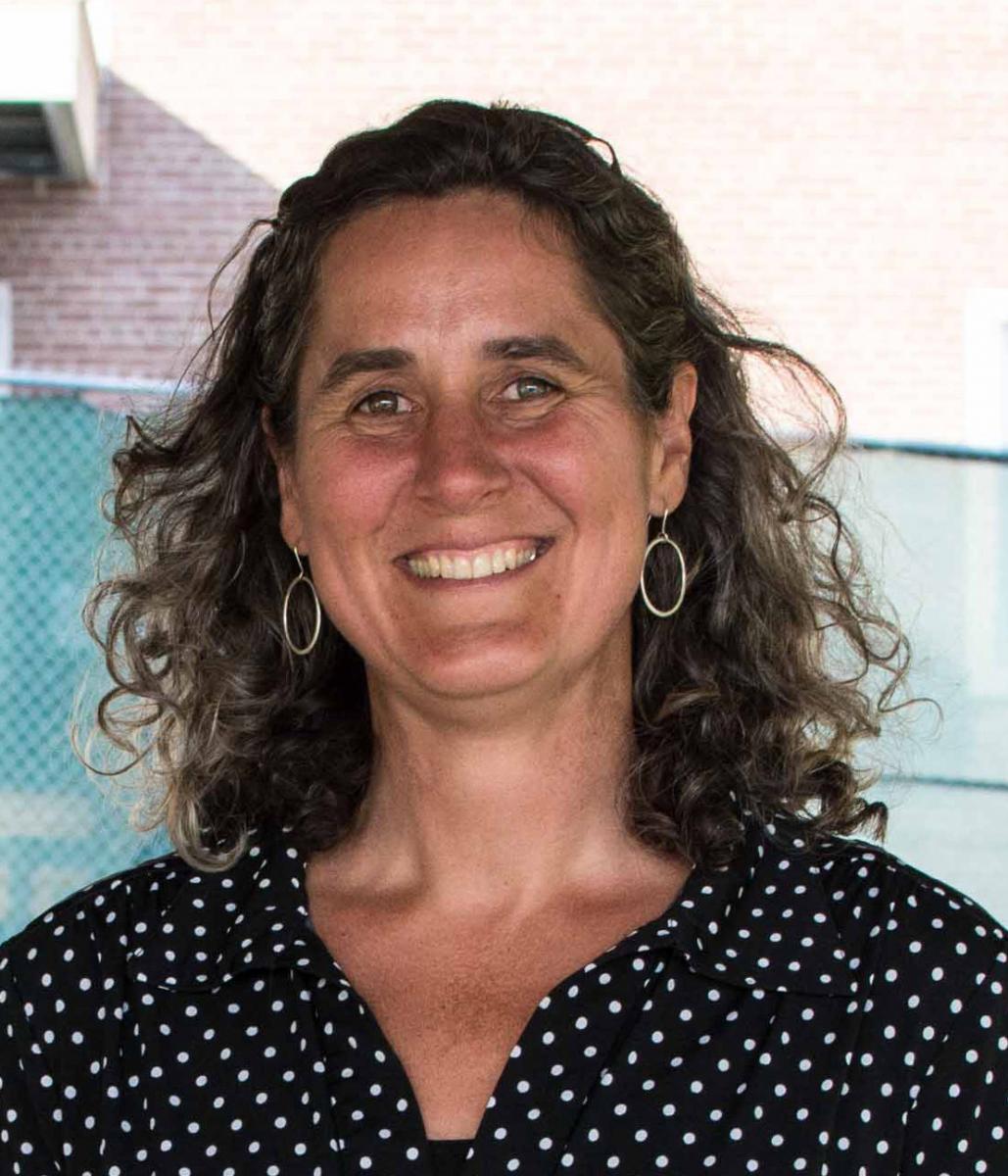 Becka is part of the Valley Food & Farm team at Vital Communities, fostering relationships that keep agriculture a daily part of community life in the Upper Connecticut River Valley of Vermont and New Hampshire. She works with current and future farmers, businesses, schools, and partners across Vermont and New Hampshire to build connections that support farm viability and keep our landscapes working. Becka believes that real connections to our farmers make us happy and builds projects that can take advantage of that simple premise, whether that means introducing workplaces to farm-fresh delivery, facilitating peer-to-peer learning among farm staff, or helping schools use farms as learning resources. She lived in Seattle for many years, where she worked for the Washington State University Small Farms Program, Cascade Harvest Coalition, Seattle Tilth, and area vegetable farms. Becka is also a writer, founding and writing Ask Umbra at gristmagazine.com from 2000-2009. She lives in Hartland, VT, with her family.
Becka is part of the Valley Food & Farm team at Vital Communities, fostering relationships that keep agriculture a daily part of community life in the Upper Connecticut River Valley of Vermont and New Hampshire. She works with current and future farmers, businesses, schools, and partners across Vermont and New Hampshire to build connections that support farm viability and keep our landscapes working. Becka believes that real connections to our farmers make us happy and builds projects that can take advantage of that simple premise, whether that means introducing workplaces to farm-fresh delivery, facilitating peer-to-peer learning among farm staff, or helping schools use farms as learning resources. She lived in Seattle for many years, where she worked for the Washington State University Small Farms Program, Cascade Harvest Coalition, Seattle Tilth, and area vegetable farms. Becka is also a writer, founding and writing Ask Umbra at gristmagazine.com from 2000-2009. She lives in Hartland, VT, with her family.




